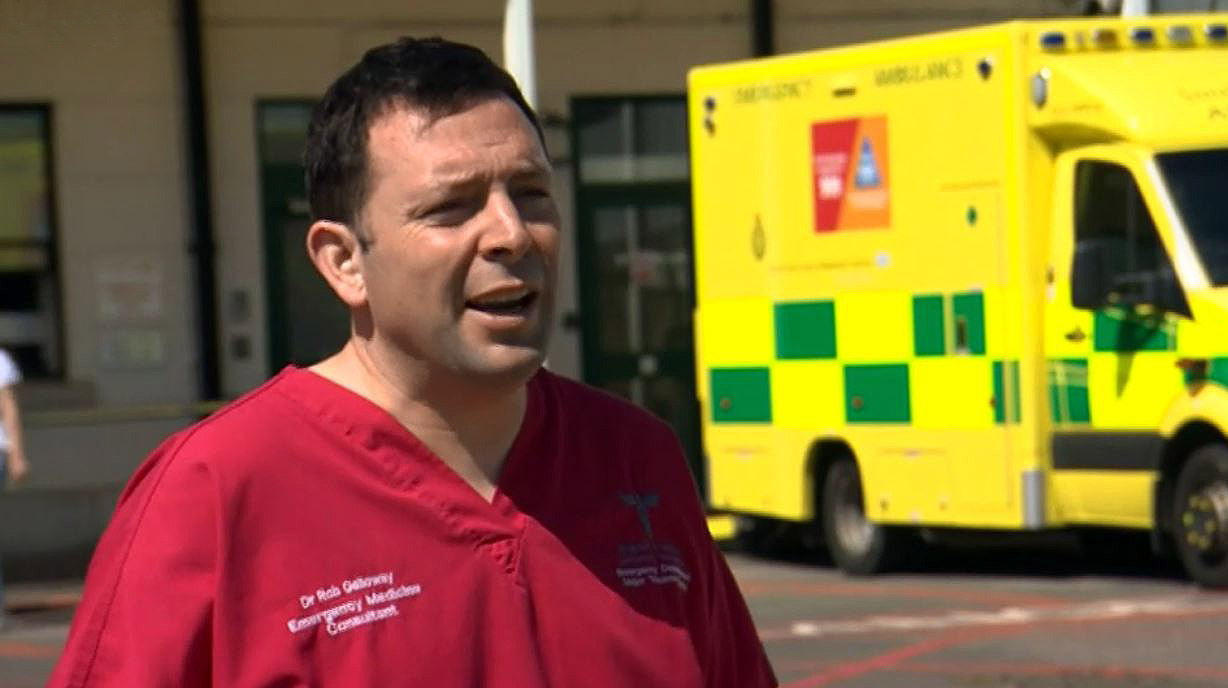Emergency department doctors are concerned about a drop in the number of people coming to A&Es and the impact this is having on patients during the Covid-19 outbreak.
At the Royal Sussex County Hospital A&E, attendances were down by around 40% for the first two weeks of April. This trend was reflected across the Trust’s other A&E departments at the Princess Royal Hospital and the Royal Alexandra Children’s Hospital.
The Trust is urging the public and particularly parents, to continue to use A&Es as normal during the pandemic. The message from doctors is clear – our A&Es are safe and we have put a wide range of measures in place to separate Covid and non-Covid patients, including sepa rate entrances.
rate entrances.
Dr Rob Galloway, A&E consultant said:
“If you find yourself in need of emergency medical attention, attend A&E as you normally would. We are open and we are here for you.”
“We’ve completely reorganised the hospitals to separate Covid and non-Covid patients and ensure we have the staff, beds and capacity to deal with both” he said.
The drop in A&E attendances means patients are much sicker when they do arrive to hospital, often needing more serious treatment, longer stays and a slower recovery.
Similarly, if parents have concerns about their child they should trust their instincts and attend The Alex or PRH A&Es as usual. Children are unlikely to be sick from the virus but may still get unwell for other reasons.
When to come to A&E
If you suffer a serious injury or have a medical emergency, you can still get help from A&E.
Our departments are safe and remain open for those who need them.
This includes:
- loss of consciousness
- acute confused state and fits that are not stopping
- chest pain
- breathing difficulties
- severe bleeding that cannot be stopped
- severe allergic reactions
- severe burns or scalds
- stroke
- major trauma such as a road traffic accident
If you have suspected Covid-19 symptoms and need urgent medical attention speak to 111 or if it is an emergency, call 999.
See the NHS website for further information on what to do if you or someone you live with has Coronavirus symptoms

